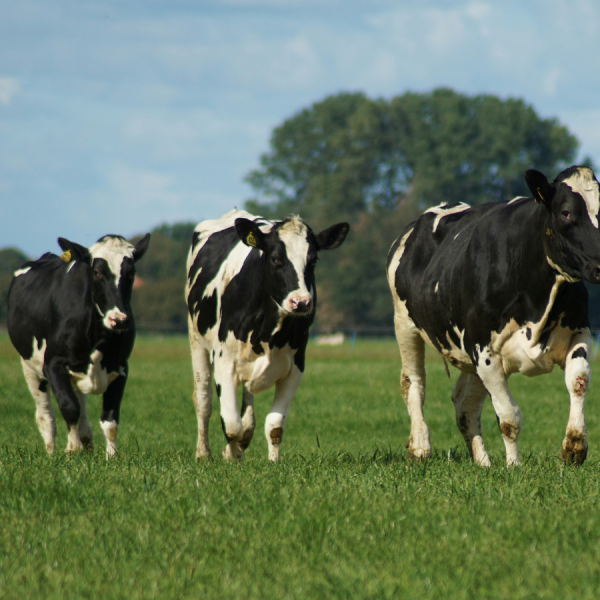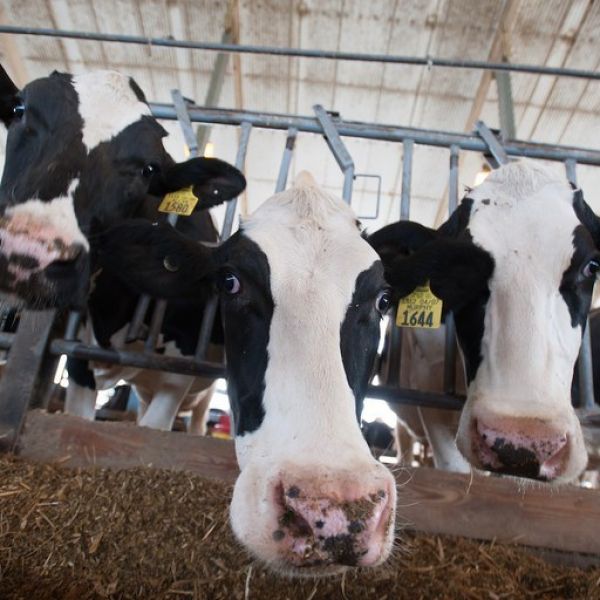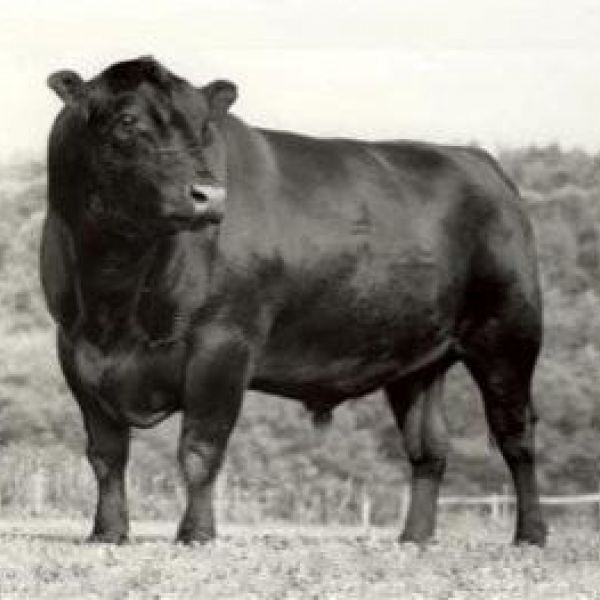News

Feb 24, 2025
Penn State to establish Animal Diagnostic Lab-West
With $6 million in state funding, the new facility, to be located at Penn State Beaver, will enhance animal health and support for animal agriculture in western Pennsylvania.
Full Article

Feb 21, 2025
Simple treatment may reduce inflammation and its side effects in expecting cows
The one-time anti-inflammatory treatment was effective when given before birth.
Full Article

Feb 04, 2025
Vitamin D matters during first trimester, researchers find
Low vitamin D levels in the first trimester of pregnancy are associated with higher rates of preterm birth and decreased fetal length, according to a new study led by researchers in the Penn State Department of Nutritional Sciences.
Full Article

Jan 06, 2025
Fourth annual Big Ten Neuroscience Symposium to convene at Penn State
The Penn State Neuroscience Institute, through the Huck Institutes of the Life Sciences and the Penn State College of Medicine, will host the Big Ten Neuroscience Annual Meeting on July 21 and 22 at the Nittany Lion Inn in State College.
Full Article

Jan 02, 2025
Pet dogs often overlooked as spreader of antimicrobial-resistant Salmonella
A team of Penn State researchers have found that household dogs are an overlooked transmission point for zoonotic pathogens such as nontyphoidal Salmonella.
Full Article

Jan 02, 2025
New treatment for dairy cows could help fight antibiotic resistance, study finds
A concentrated sugar solution could be just as effective as antibiotics at treating a common infection in dairy cows, according to a new study led by researchers at Penn State.
Full Article

Dec 18, 2024
Placenta assessment tool aims to improve neonatal, maternal care
A multi-national, multi-institutional team led by Penn State researchers developed a new tool that enables doctors to examine placentas right at the bedside using just a phone.
Full Article

Dec 12, 2024
Center for Socially Responsible AI awards seed funding to seven diverse projects
The Penn State Center for Socially Responsible Artificial Intelligence (CSRAI) has announced the results of its most recent seed-funding competition.
Full Article

Aug 02, 2024
Penn State researchers receive USDA-NIFA grant to study male cattle genetics
The U.S. Department of Agriculture (USDA) has awarded a grant to a team of researchers in the Penn State College of Agricultural Sciences to study the genetic mechanisms underlying the development of the testis, the male organ that produces reproductive cells, in cattle and its role in sperm production.
Full Article

Jun 25, 2024
Got prunes? Prunes may preserve bone density and strength in older women
Dairy isn’t the only food that’s good for bone health. Prunes may also protect bone structure and strength in postmenopausal women, according to a new study led by Penn State researchers. The findings, published in Osteoporosis International, suggest that daily prune consumption slows the progression of age-related bone loss and reduces the risk of fracture.
Full Article